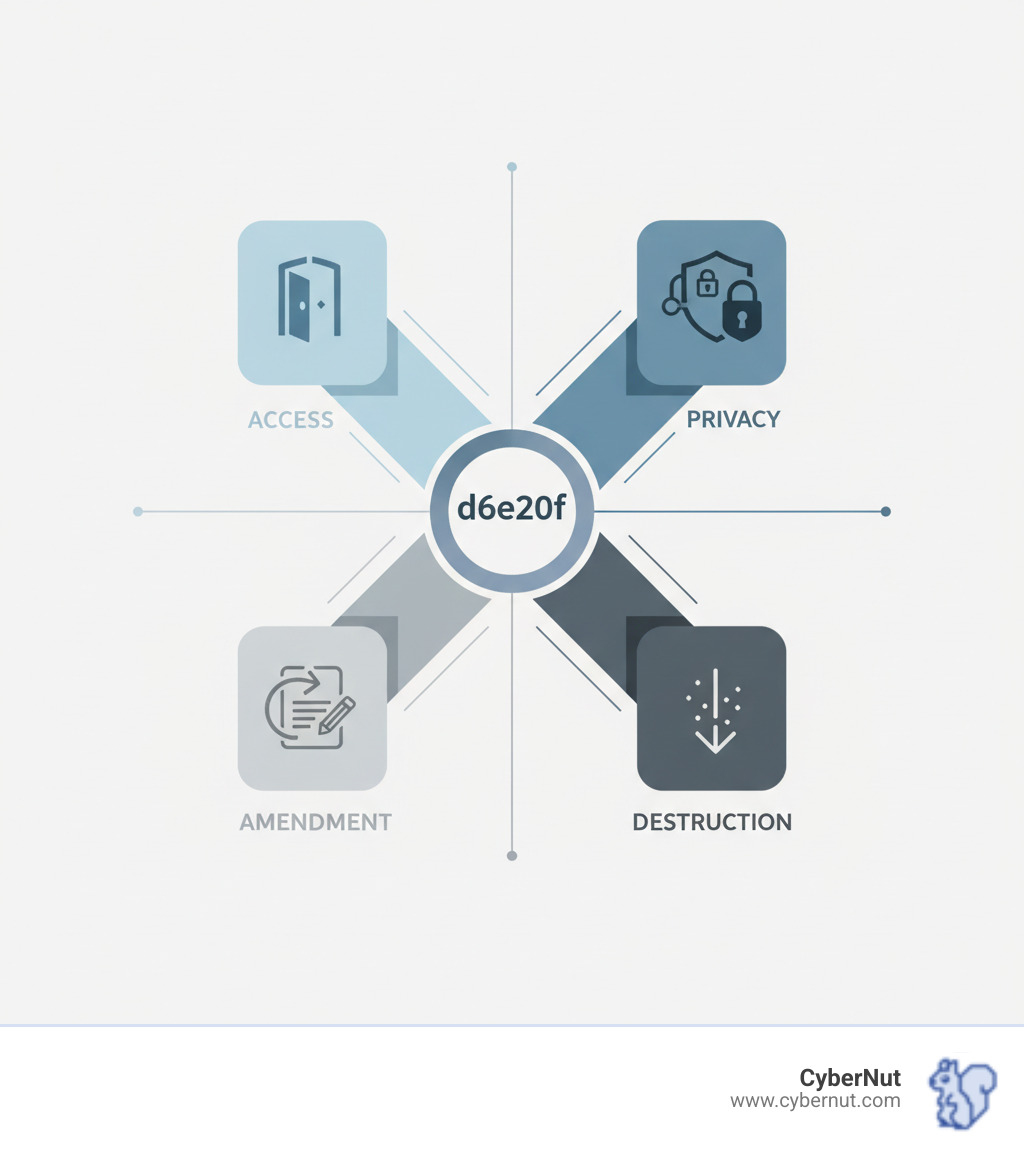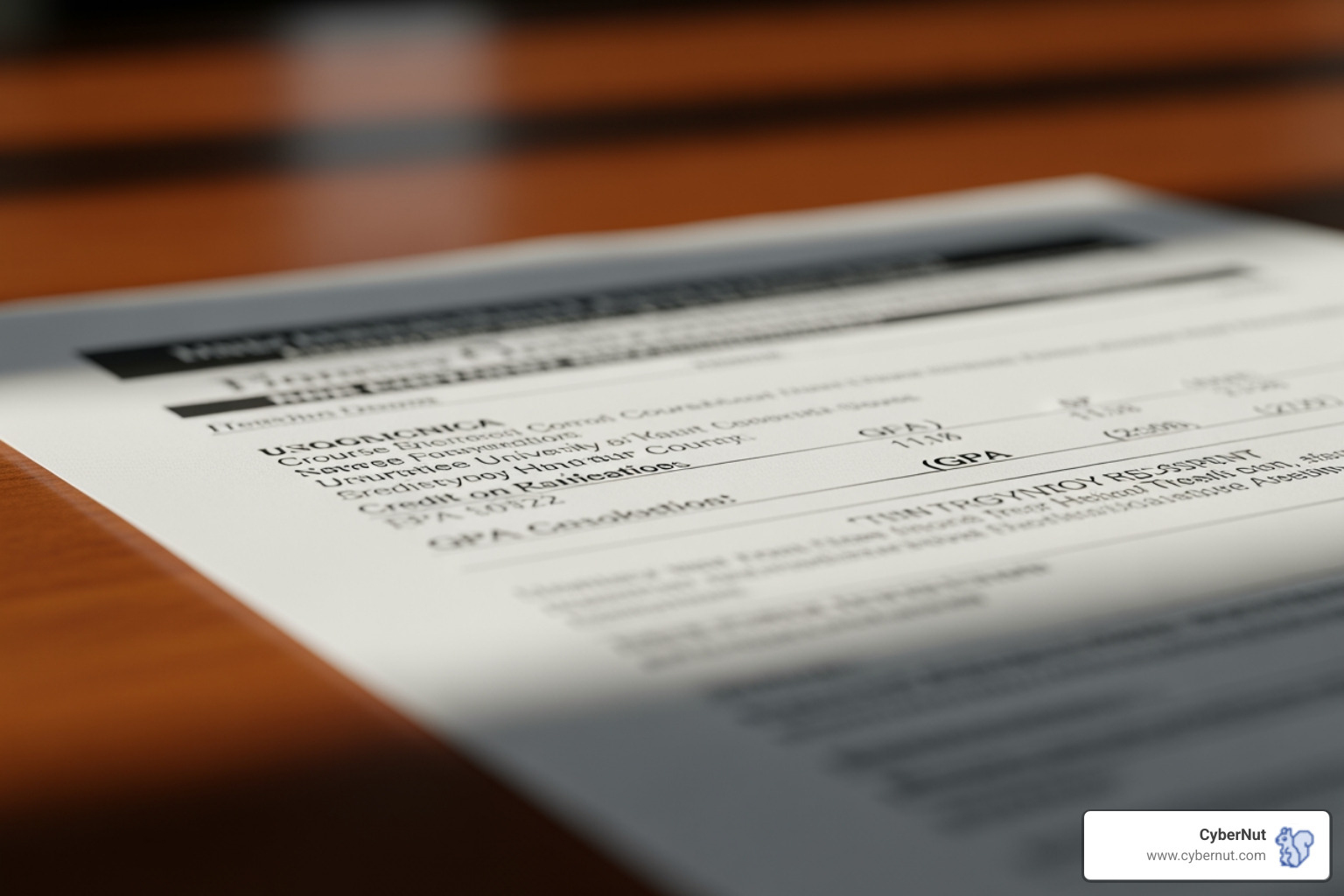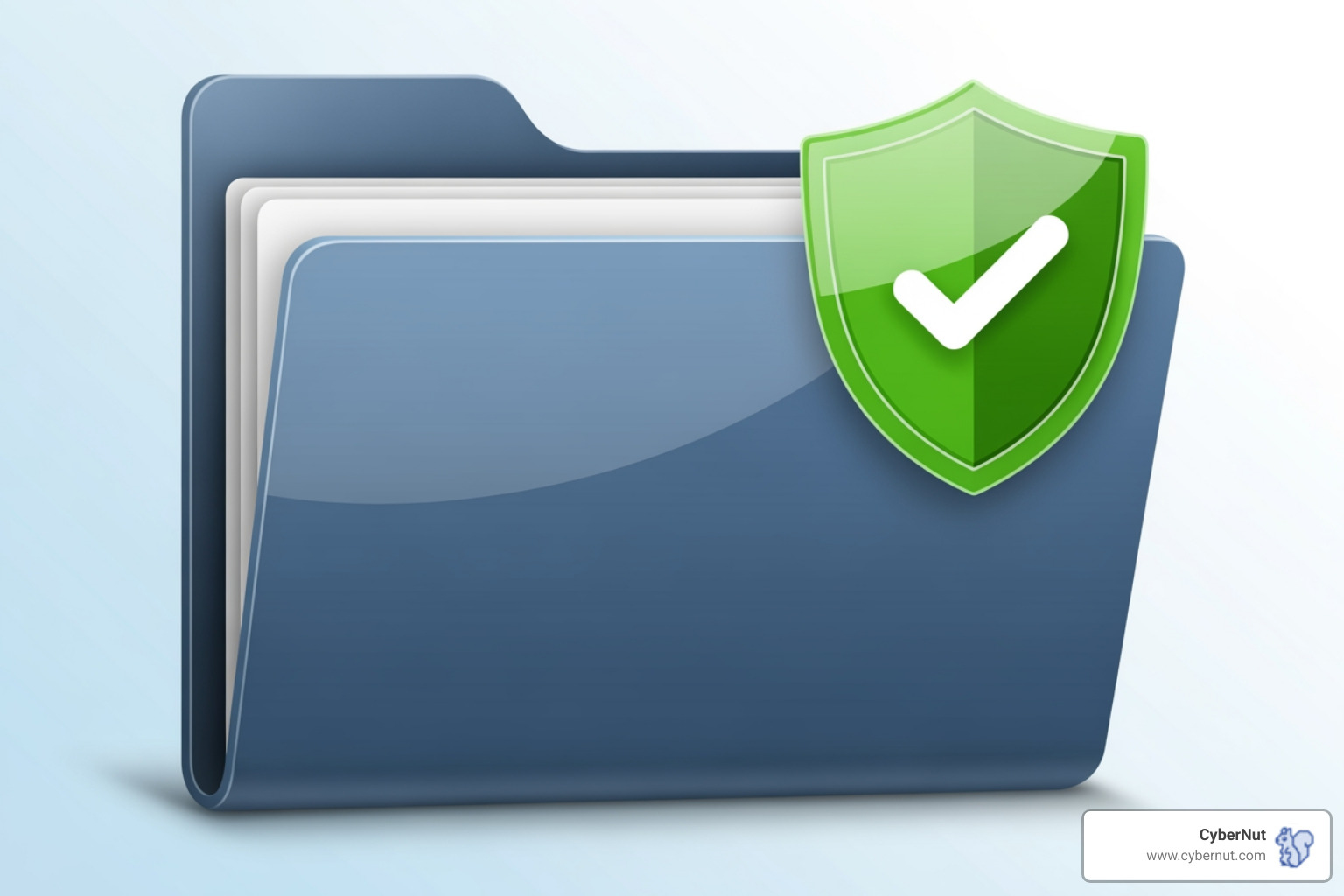
Oliver Page
Case study
November 12, 2025

All About 603 CMR 23.00: Student Records Regulations in Massachusetts grants four core rights regarding student educational records: access, privacy, amendment, and destruction. These regulations, established under M.G.L. c.71, §§34D and 34F, protect student information while ensuring parents and students can inspect, correct, and control their records.
Quick Answer: What You Need to Know
For K-12 IT Directors, protecting student data now involves guarding digital records against modern cybersecurity threats. Non-compliance with 603 CMR 23.00 can lead to lost funding, while a data breach can expose sensitive student information, creating significant legal and security risks.
These Massachusetts regulations work with the federal Family Educational Rights and Privacy Act (FERPA) but provide more specific rules on record destruction and amendments. They apply to all Massachusetts public elementary and secondary schools and private schools with publicly-funded special education programs, governing everything from record retention to access control.

All About 603 CMR 23.00: Student Records Regulations in Massachusetts vocabulary:
All About 603 CMR 23.00: Student Records Regulations in Massachusetts defines a "student record" as any information organized by a student's name or other identifier, whether on paper or stored digitally. This broad definition ensures nearly all data a school keeps on a student is protected.
The student record is divided into two parts: the transcript (permanent record) and the temporary record. They serve different purposes and have distinct retention periods.

The transcript is the permanent, official academic resume of a student. It contains essential administrative and academic data, including:
This record must be maintained by the school and can only be destroyed 60 years after the student graduates, transfers, or withdraws. This long retention period ensures individuals can access their academic history for future employment, education, or personal needs, such as verifying a high school diploma for Social Security benefits.
The temporary record contains all other information relevant to a student's education. This includes standardized test scores (e.g., SATs, AP exams), class rank, extracurricular activities, teacher evaluations, disciplinary records, health records, and special education documents like Individualized Education Programs (IEPs).
Unlike the transcript, the temporary record must be destroyed no later than seven years after the student leaves the school system. This balances the need for comprehensive records during a student's K-12 career with privacy considerations. Some exceptions apply; for instance, certain special education and financial records are kept for seven years for auditing purposes, and immunization records are kept for at least 10 years per 105 CMR 220.500.
Before destruction, schools must provide written notice to parents and eligible students, giving them an opportunity to obtain copies. This notice should be delivered directly, such as in a graduation packet, rather than just a general newspaper announcement.

All About 603 CMR 23.00: Student Records Regulations in Massachusetts empowers parents and students with control over educational records. Parents have the right to inspect their child's records at any age, as guaranteed by M.G.L. c. 71, section 34E. This right extends to guardians and non-custodial parents unless limited by a court order.
A student becomes an eligible student at age 14 or upon entering ninth grade, whichever comes first. At this point, the student shares the rights to access, amend, and control their records with their parents. They can exercise these rights jointly or independently. Once a student turns 18, they assume primary control, though parents retain inspection rights unless the student limits them in writing.
Accessing student records is a straightforward process:
You have the right to challenge information in a student's record that you believe is inaccurate, misleading, or violates privacy. This is a powerful tool for correcting errors.
The process begins with a written request to the principal, identifying the disputed information, explaining why it's wrong, and stating the desired change (e.g., removal, correction). The school must respond to your request within approximately one week.
If the principal denies the request, you can follow a formal appeal process:
This multi-level process ensures your concerns are thoroughly reviewed. If you believe the school has violated state or federal regulations (like FERPA), you can file a complaint with the Massachusetts Department of Elementary and Secondary Education or the U.S. Department of Education, respectively.

At its core, All About 603 CMR 23.00: Student Records Regulations in Massachusetts establishes that student records are private. The default rule is that schools must obtain specific, informed written consent from a parent or eligible student before sharing personally identifiable information with a third party. To ensure accountability, schools must maintain a log of access for each student's record, documenting who accessed it, when, and why.
This confidentiality applies equally to paper and digital records. Schools have a serious responsibility to protect digital files with robust cybersecurity measures. A data breach can have severe consequences, making staff training on threats like phishing essential. You can assess your school's readiness with a complimentary Phishing Audit for your school.
The regulations include specific exceptions to the consent rule to allow for normal school operations and emergencies:
Specific rules govern disclosures to government agencies:
When transferring records to a new school, the complete record, including disciplinary incidents, must be sent. Sensitive health records should be transferred directly from nurse to nurse to maintain confidentiality.
Here are answers to common questions about All About 603 CMR 23.00: Student Records Regulations in Massachusetts.
No. Schools cannot withhold a report card, diploma, or any other part of the student record due to unpaid fees (like for lunches or library books) or unreturned property. The regulations are clear that eligible students and parents have a right to access and receive copies of their records. Schools must use other administrative means to collect outstanding debts.
The regulations ensure records are preserved. For a private school that closes, records of current students are transferred to their new school. Records of all other students (including alumni) are sent to the Massachusetts Department of Elementary and Secondary Education. For a public school that closes, records are transferred to the school district's central office for continued maintenance under standard retention policies.
It depends. A teacher's private notes, kept for their own use and not shared with other school personnel, are generally not considered part of the official student record. Parents and students do not have a right to access these private files under 603 CMR 23.00.
However, if information like a grade book is organized by student name and made accessible to other authorized staff (beyond a substitute teacher), it is likely part of the official student record. At that point, it becomes subject to all access and privacy rules. Districts should have clear policies defining what constitutes an official record versus a teacher's personal file.
All About 603 CMR 23.00: Student Records Regulations in Massachusetts provides a vital framework for safeguarding student privacy and empowering families with rights of access, amendment, and control. These regulations are a commitment to protecting the sensitive data of students.
Protecting these records is more complex than ever. Digital student data is a prime target for cyberattacks, and a breach can have devastating consequences. Regulatory compliance must be paired with robust cybersecurity. At CyberNut, we believe a well-informed school community is the first line of defense. Cybersecurity training for K-12 schools, especially on threats like phishing, is essential for building a resilient and secure learning environment.
Protecting student privacy requires a proactive approach. Don't let your school become a statistic.
Are your staff prepared to recognize and deflect the phishing attacks that target student data?Get a complimentary Phishing Audit for your school and strengthen your defenses.
For more insights and tools to secure your educational institution, Explore CyberNut's cybersecurity resources for K-12 schools.

Oliver Page

Some more Insigths


Back